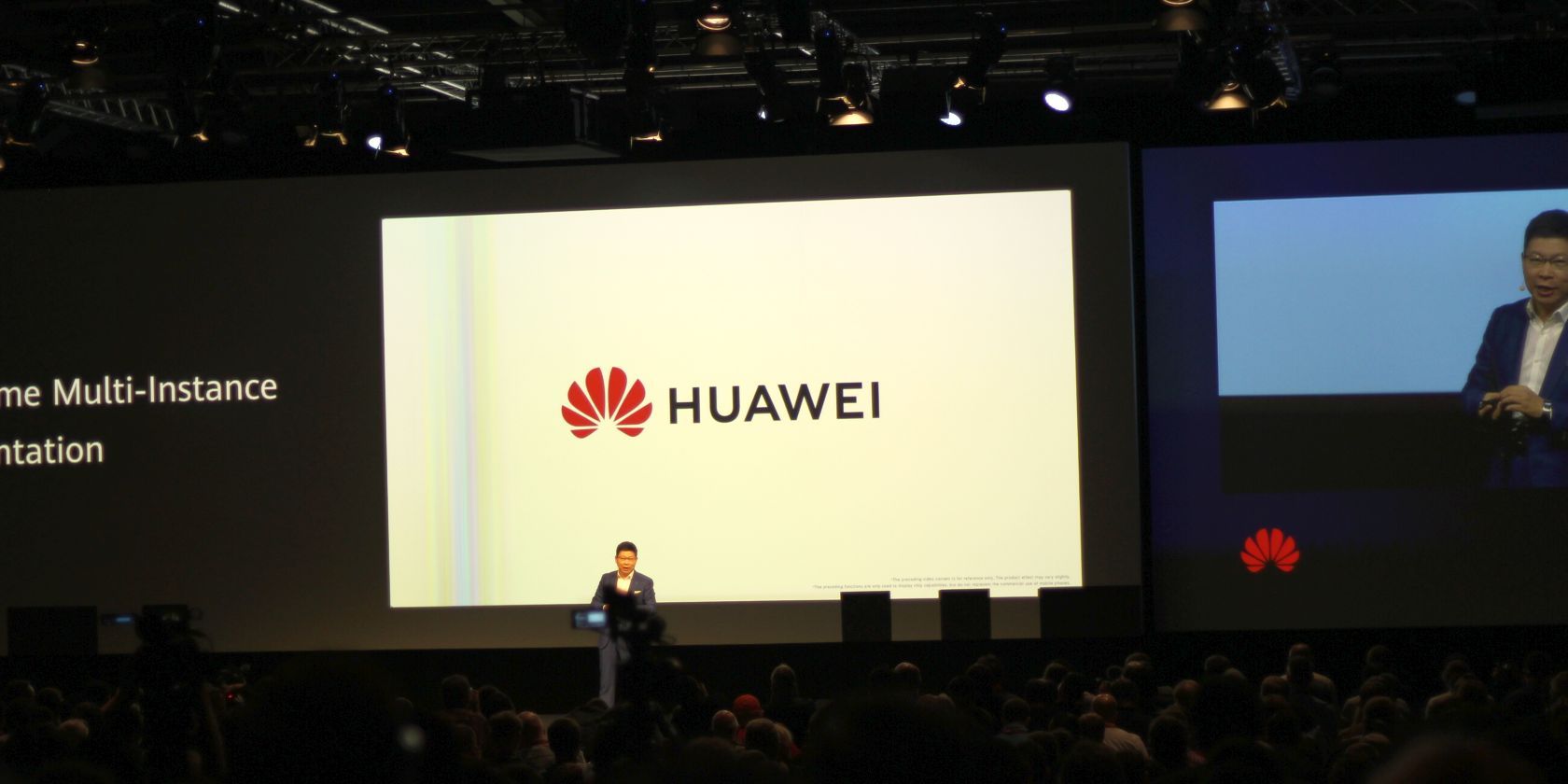
Is Huawei spying on Americans? Maybe, maybe not. But their CEO’s keynote speech at IFA 2019 avoided all concerns regarding privacy and the trade conflict. This article explains Huawei’s 2019 product lineup and potential privacy implications.
Richard Yu, Huawei’s CEO, skirted the micron-thin line separating privacy and espionage. While his speech announced Huawei’s latest system-on-a-chip, the Kirin 990 5G, the Pro version of the P30 smartphone, a WiFi-6 router, and a pair of true wireless earbuds, it did not deal with any other points of interest.
Kirin 990 5G Chipset Facial Recognition Privacy Implications
The key selling point of the Kirin 990 5G is its facial recognition abilities. Before AI-chips matured into what we have today, smartphones needed to run their processing cores at full power in order to recognize faces. If a smartphone were collecting its users’ faces, massive battery drain would immediately give the plot away. Manufacturers needed something less processing intensive.

And that’s where specialized, low-power processors can assist facial recognition technologies. The Kirin 990 adds three special Neural Processing Units (NPU). The NPU cores are designed around three cores of dissimilar design, similar to ARM’s big.LITTLE. Huawei’s NPU technology use two larger cores and a single, small core. This arrangement allows the camera to scan and process faces faster, and more important, with greater energy efficiency than ever before—opening the door to passive snooping using facial recognition.
In other words, faces could be collected as easily as today’s smartphones collect individual voices and conversations.
Huawei Builds 5G Networks
Huawei leads its competitors in 5G cellular technology. And not only do they own significant amounts of intellectual property in its newly announced processor, they make the networking equipment that enables cellular providers to use 5G technology.

In other words, Huawei builds the cellular networks themselves. In fact, the United States believes that were Huawei allowed to construct the United States’s 5G networks, it could open the door to future espionage exploits by China, using Huawei as a proxy.
Are Any Routers Secure? Huawei Q2 Pro

A router is one of the most sensitive components of your home network. A hacked or rogue router can do terrible things. For example, a malicious router can monitor all of a user’s internet traffic, it can perform man-in-the-middle attacks against anyone on the network, it can surreptitiously redirect users to spoofed websites, and more.
In 2013, security researcher, Eloi Benoist-Vanderbeken, discovered and reported a massive security vulnerability in 24 models of Linksys, Cisco, Diamond, and Netgear routers. Despite promises to patch the security vulnerability, each company only disguised it. The vulnerability went unpatched until researchers discovered and unveiled the ruse. In the words of Benoist-Vanderbeken:
It was added on purpose, to reactivate the backdoor. This is 100% intentional.
Could Huawei’s latest router suffer from intentionally inserted backdoors leading back to China? Certainly. But according to Ars Technica’s reporting, US-based router companies were doing this at least as early as 2013 and probably much earlier.
No Evidence of Huawei Spying (on Americans)
In the current political and trade environment, it is unpopular stating the truth: that despite the US government’s claims, no evidence proves Huawei’s involvement in spying on Americans or Europeans. There exists some evidence of Huawei’s meddling in Zambian and Ugandan domestic politics. In both cases, Huawei seemingly spied on the political opposition of elected officials.
It is therefore entirely possible that Huawei may spy on American citizens at the behest of another power. In fact, all corporations with access to consumer data, use it in order to make money. The issue is that when a US company illegally monitors, analyzes, and disseminates the personal details on American citizens, it’s called advertising. When a Chinese corporation engages in the same behavior, it’s called spying.
Read the full article: Could Huawei’s 2019 Products Spy on Americans?
from MakeUseOf https://ift.tt/2HSwCZm
via IFTTT
0 comments:
Post a Comment